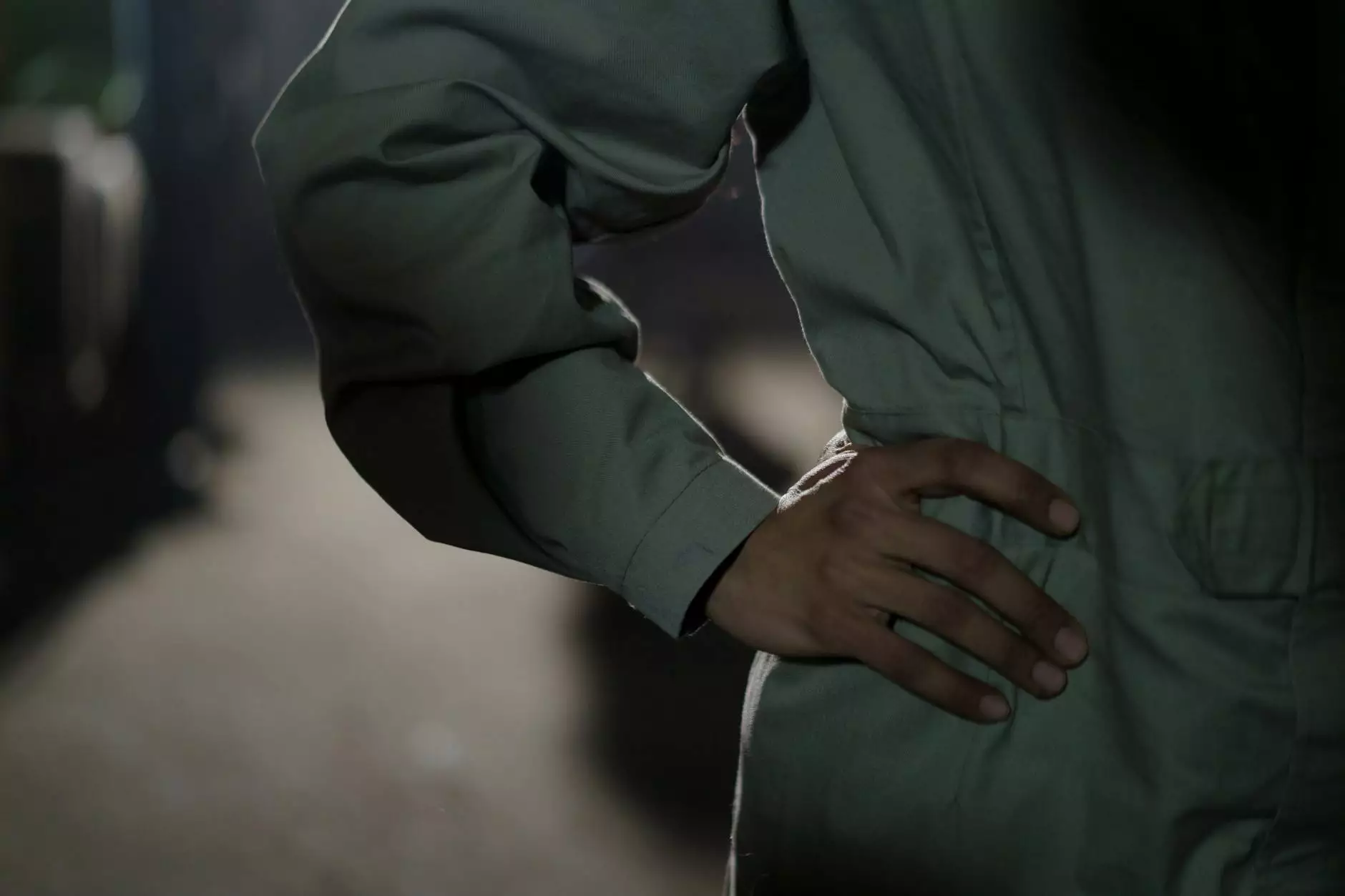Understanding the Market for Fake Cash for Sale and Its Implications

In today's financial landscape, various unconventional trends have emerged, one of the more fascinating being the market surrounding fake cash for sale. This niche market intersects intriguingly with traditional financial services, revealing significant insights into consumer behavior and the evolving nature of currency. As we delve into this topic, we will explore its implications for banks and credit unions, financial services, and financial advising, alongside discussing the ethical considerations and practical applications of such products.
The Rise of the Fake Cash Market
The use of fake cash or counterfeit money has long been a topic of intrigue, often depicted in popular media as tools for heists or scams. However, this market has evolved, serving broader purposes, especially in the realms of teaching, entertainment, and security. Understanding why some people seek fake cash for sale can illuminate larger trends within the financial sector.
Educational Uses
One of the most significant applications of fake cash is in educational settings. Schools and financial literacy programs utilize counterfeit notes to teach students about currency management, budgeting, and the importance of recognizing real money versus fakes. This hands-on approach promotes a deeper understanding of simplistic economic principles.
Entertainment and Promotional Uses
Event planners and marketers have also capitalized on this niche market by using fake cash in promotions or as props in entertainment. Events such as game shows, promotional parties, and themed gatherings often use replicas to create a realistic yet playful atmosphere, engaging participants in unique ways. This entertaining twist on currency can boost audience engagement and enhance the overall experience.
Implications for Financial Services
The intersection of fake cash for sale with legitimate financial services creates both opportunities and challenges for industry stakeholders. Understanding this phenomenon requires a closer look at how traditional financial institutions are adapting to new market demands.
Impact on Banks and Credit Unions
Banks and credit unions must remain vigilant as markets evolve. The existence of fake cash challenges financial institutions to enhance their measures for detecting counterfeit money, thus ensuring their clients are protected against fraud. Training staff to recognize the differences and provide educational resources for clients can significantly mitigate risks.
Opportunities in Financial Advising
For financial advisors, recognizing trends associated with fake cash for sale opens doors for innovative conversations with clients about safety, investment, and financial literacy. Advisors can incorporate discussions about the role of currency and the psychology behind spending, educating their clients on the importance of recognizing value beyond face value.
Ethical Considerations
While the market for fake cash can offer educational and entertainment value, it raises several ethical questions worth exploring. It is crucial that buyers and sellers of such products operate responsibly to avoid illicit activities and misunderstandings.
Legal Implications
Before entering the market for fake cash for sale, it is essential to understand the legal restrictions that may apply. In many jurisdictions, producing or selling counterfeit currency could lead to significant legal troubles, including hefty fines and imprisonment. Ensuring that all transactions are compliant with local laws is paramount.
Promoting Responsible Use
It falls upon both sellers and buyers to promote responsible usage of fake cash. Clear guidelines and intentional marketing can steer consumers towards using fake currency for legitimate purposes—such as education and entertainment—rather than illegal activities.
Consumer Awareness and Best Practices
Understanding the implications of fake cash for sale extends beyond just the markets; it involves consumer awareness and education. Here are some best practices for consumers engaging with this niche product.
Researching Reputable Sellers
Potential buyers should thoroughly research sellers of fake cash to ensure they are engaged in legitimate transactions. Reviews, seller history, and customer service should all be taken into account to avoid scams or illegal products.
Using Fake Cash Responsibly
- Always disclose use: When employing fake cash for any promotional or entertaining purpose, ensure that all participants are aware to avoid confusion.
- Follow local laws: Keep track of regulations surrounding the sale and use of counterfeit currency in your area.
- Teach others: Use your platform to educate peers about the responsible use of fake currency, emphasizing its appropriateness in certain contexts.
Closing Thoughts
The niche market of fake cash for sale presents unique opportunities and challenges within the broader financial landscape. As we adapt to an ever-evolving economy, understanding different aspects of currency, including fake cash, can provide valuable insights for consumers and financial professionals alike.
Whether it serves as a teaching tool, a prop for entertainment, or a subject of ethical debate, fake cash encourages us to reflect on our perceptions of value, authenticity, and financial literacy. As we navigate these waters, maintaining a balanced perspective will help pave the way for responsible engagement with all forms of currency.
By fostering an environment of understanding, ethical practice, and education, we can ensure that the topic of fake cash for sale contributes positively to the financial discourse, encouraging all stakeholders to engage thoughtfully.



